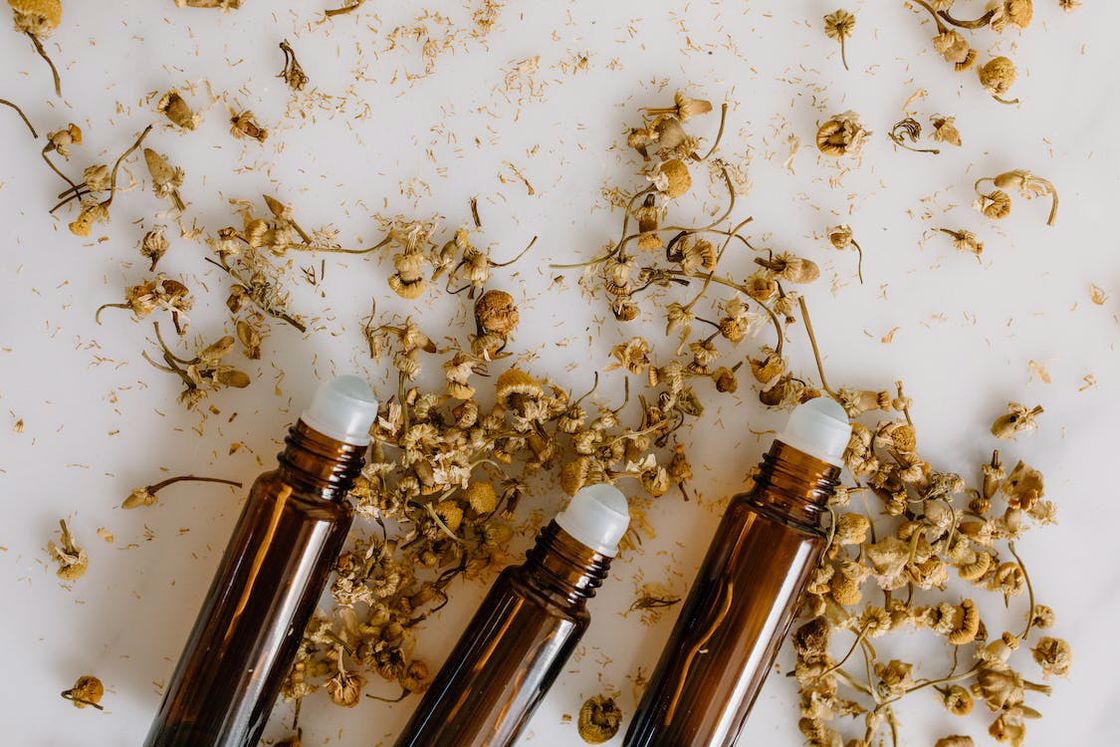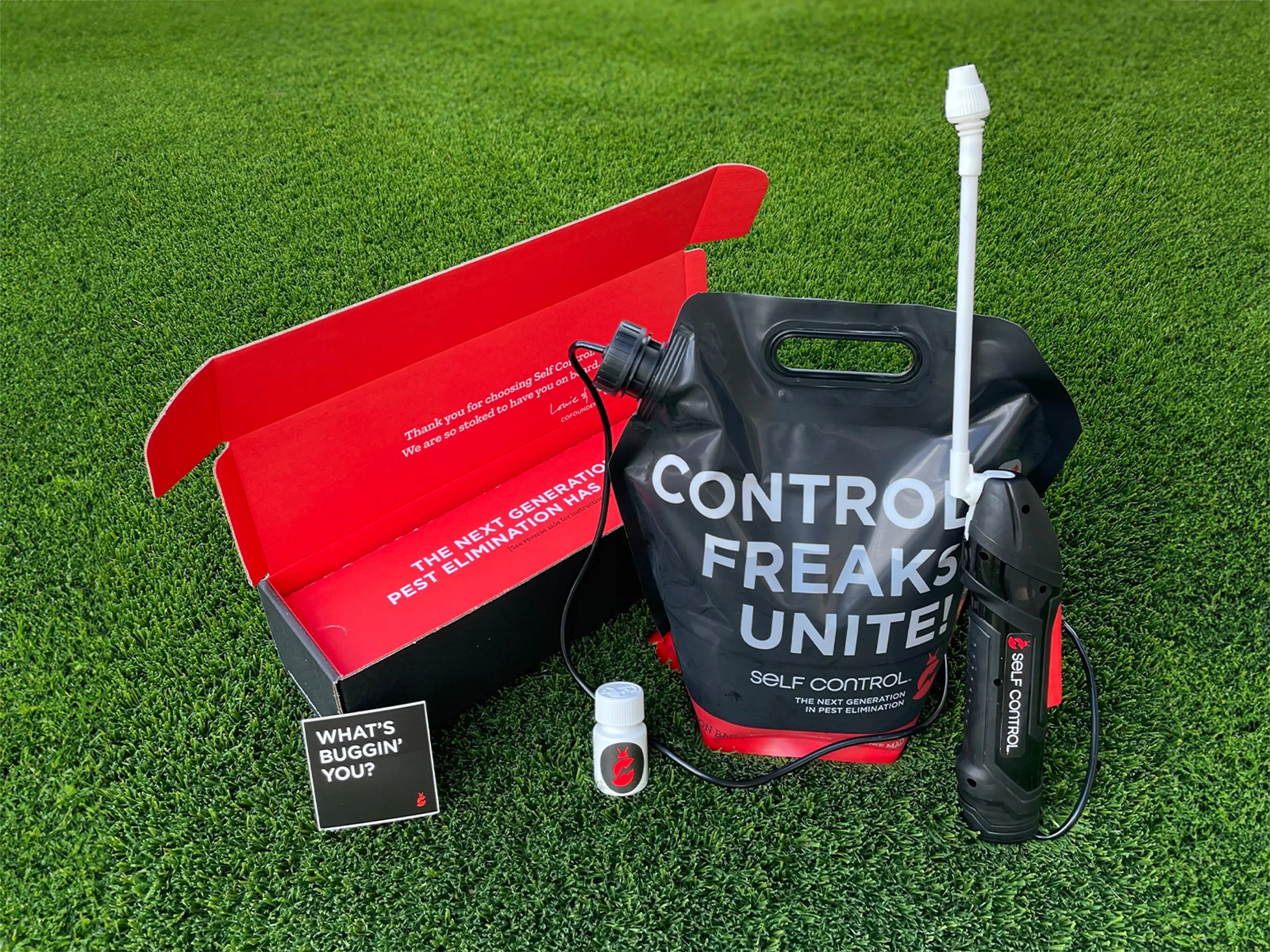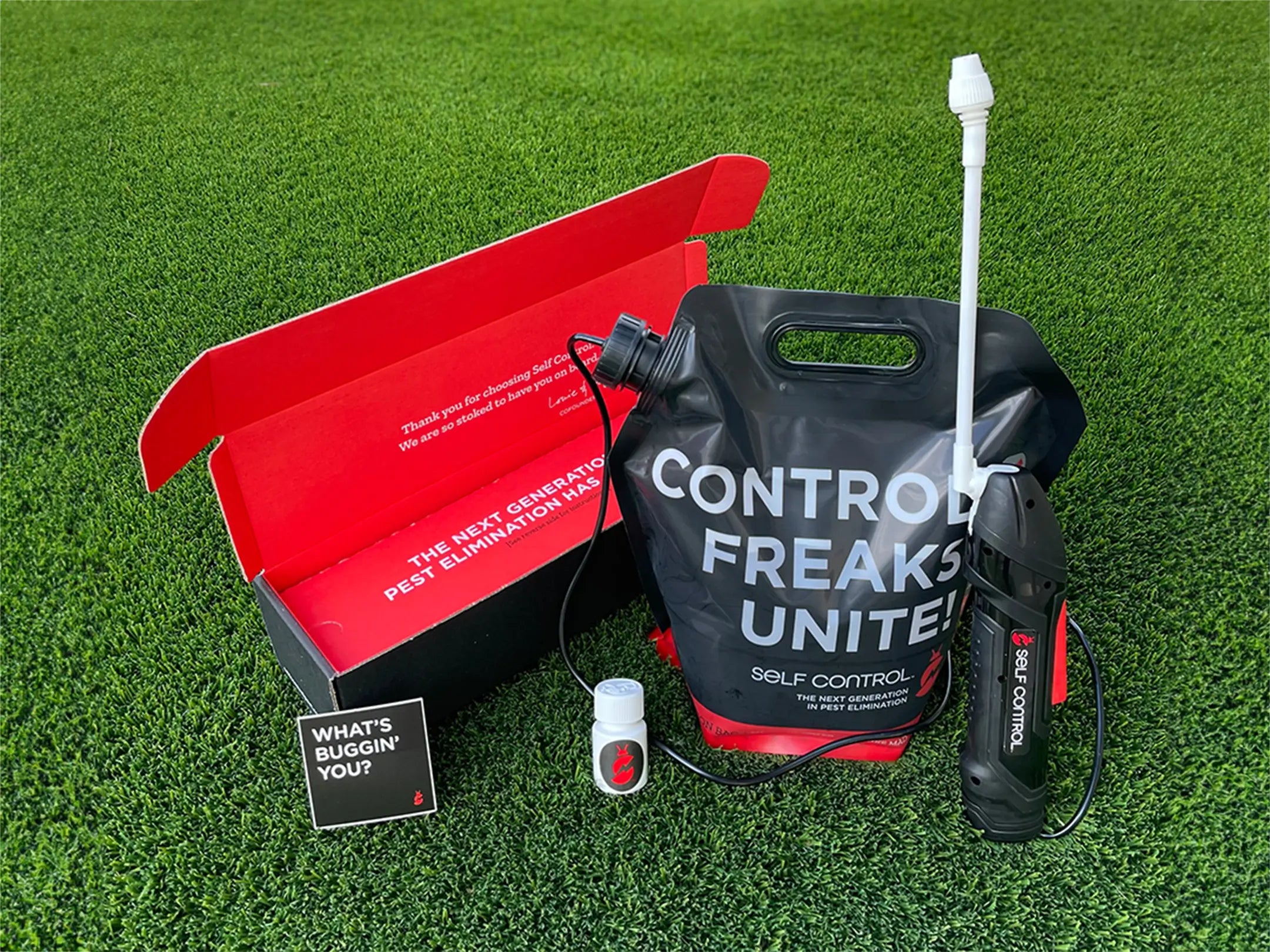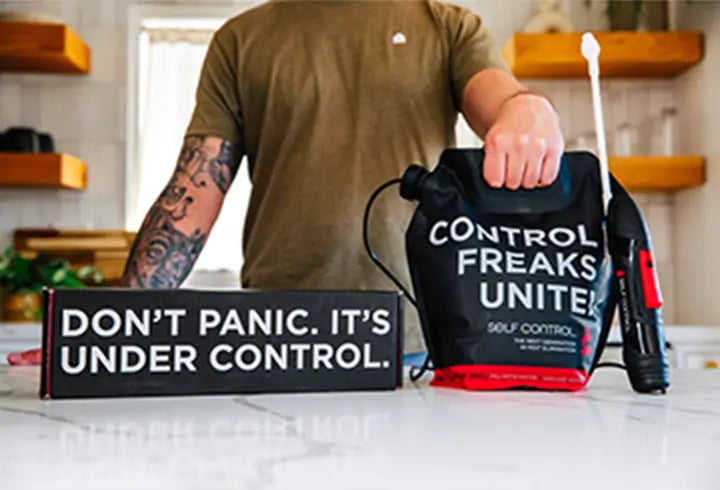
What smells do bugs hate? Well, that’s an excellent question. Fact: bugs are disgusting and no one wants to have these creatures in their homes. Any homeowner who has experienced a nasty infestation of pests may want to know the smell that would keep these pesky creatures away.
What Smells Do Bugs Hate?
Bugs hate the smells associated with repellency, such as lavender, citronella, vinegar, peppermint, and geranium. These oils are considered a natural way of driving away bugs from your home without harming you, your family, and other animals. Most of these products are readily available, and you may have some already in your home, like vinegar.

If you're doing pest control yourself, you can purchase a spray containing these repellants or make your own. For instance, you can mix vinegar and water and then use a sprayer to spray the mixture in your entire home. This will create a hostile environment for these creatures, driving them away from your house. Some repellants work by confusing pests, such as ants and spiders, making it harder for them to return to your home.
However, you need to understand that what works on a particular pest may fail to work on another one. For instance, vinegar may repel ants and fail to drive away bed bugs. Therefore, you need to understand how these repellants work so that you can get a particular repellent to deter a specific pest from entering your house.
List of Scents That Bugs Hate
Did you know that the scent you find pleasant might be creating a hostile environment to the bugs giving you sleepless nights? The following is a list of smells that could help you get rid of bugs without putting in more effort:
Citronella Oil
Citronella oil is an ideal repellent that comes from the citronella plant. It is mostly used to ward off insects such as mosquitoes, moths, and cockroaches. Its lemony, grassy-floral scent makes it ideal for wearing and keeping away irritant insects like fleas and mosquitoes.
You can also find citronella in candles and homemade bug sprays to keep bugs at bay. If you want to ward cockroaches and moths from your kitchen, place citronella-infused sachets in your kitchen cabinet, and the insect will definitely leave the kitchen easily.
However, citronella oil should be used with a lot of care. Experts warn that the oil can irritate your skin. Therefore, you must try patch-testing an area in your skin before applying it fully.
Some pest control products can be dangerous, if you’re looking for a safer alternative, at Self Control Pest, we will provide you with an easy commercial grade product to apply and an instruction sheet to guide you. 
Lavender Oil
Lavender is one of the oldest oils used to keep bugs and mosquitoes at bay during the summer. The oil comes in various forms (tea, topical treatment, aromatherapy) and is widely known to aid digestion and improve sleep and mood. On top of that, the oil contains terpene alcohol linalool that repels insects and other bugs.
Its smell acts as an irritant that drives away the insects from the area that has been applied or sprayed. Lavender essential oil is also safe to use around children and other animals.
Peppermint Oil
If you are looking for a natural way of getting rid of bugs, consider using peppermint oil. The oil repels bugs such as mosquitoes, ants, ticks, spiders, moths, beetles, and fleas without harming you, your family, the environment, and your pets.
Peppermint essential oils mask your skin from bugs and offer protection for up to 150 minutes. Its smell also improves people’s moods, which can greatly help when trying to repel pesky mosquitoes or gnats.
You can rub the oil on your skin and clothes before going out or when planning to go hiking through wooded areas where bugs are likely to congregate. You can also use a sachet of lavender oil near your door, window, or any other opening to ward off as many bugs as possible.
Garlic
Garlic is probably an insect repellent you have in the house. Garlic contains allicin, which gives it a strong smell and is responsible for repelling insects such as beetles and mosquitoes. Allicin is found in the bulbs of garlic plants and, when crushed, releases an odor that repels pests.
Besides repelling insects, garlic has health benefits, including lowering your body pressure, preventing heart illnesses, fighting cancer cells, and boosting your body's immunity.
Where You Can Apply Essential Oils to Repel Insects
Bugs can be all over your home, so you must apply these oils where the insects congregate to repel them effectively. Here are some of the ideal places you can apply pest control as well as some of these repellents:
- Bedroom and window sills: Your bedroom is one of the ideal places you should apply essential oils such as peppermint to deter mosquitoes and spiders.
- Garden shed or garage: The garage and garden shed should be your target because of insects like those congregating here. You can use lavender or peppermint oils
- Plants: Plants are great places to apply insect repellants because they give off their own odor while also absorbing the scent of the oil. This combination will give out a stronger repellent character to repel bugs.
- Your skin: Apply skin-friendly repellents like lavender oil to help deter insects such as mosquitoes and spiders.
Related Questions
What Smell Insects Hate the Most?
Insects hate peppermint the most. In fact, some insects use the smell of this essential to tame predators. For instance, a stick bug emits a milky substance from the body to fill the air around it with a peppermint scent. This scares the predators as the scent is an unbearable irritant to most insects.
What Cleaner Do Bugs Hate?
The cleaner that bugs hate is vinegar. Besides being an excellent cleaner, vinegar is known to repel many insects, such as cockroaches, mosquitoes, and fleas. If you have vinegar in the house, use it to repel these pesky creatures.
How Do You Bug Proof Your House?
The best way to bug-proof your house is to seal all the openings, repair leaky piping, install wire mesh, and install door sweeps or thresholds at the base of all exterior entry doors. This will ensure no bugs enter the house.
Conclusion
Bugs, especially mosquitoes, fleas, ticks, and ants, can be a real nuisance in the compound. No one wants these creatures lingering in the house, as they can be irritating. The good news is that you have the remedy. Apply some of the essential oils and enjoy a pest-free life!



Comments (0)
Back to Critter Chronicles